After the plastic is molded, the plastic remains in the molds and while still at forming temperature, the two molds are brought together under high pressures, which causes the two sheets to weld together wherever a weld is dictated. While being pressed together, a pin is pushed through one of the sheets and air is blown in which causes the sheets to be pressure formed, if the air were trapped within, the panel would collapse. Finished products are hollow and have molded features on both sides, they are also attractive, structurally rigid and detailed. Read More…
Valk’s policy is “to meet or exceed our customer’s requirements, working together as a team with honesty and integrity.” Valk’s success is due to their long standing focus on quality & customer service.
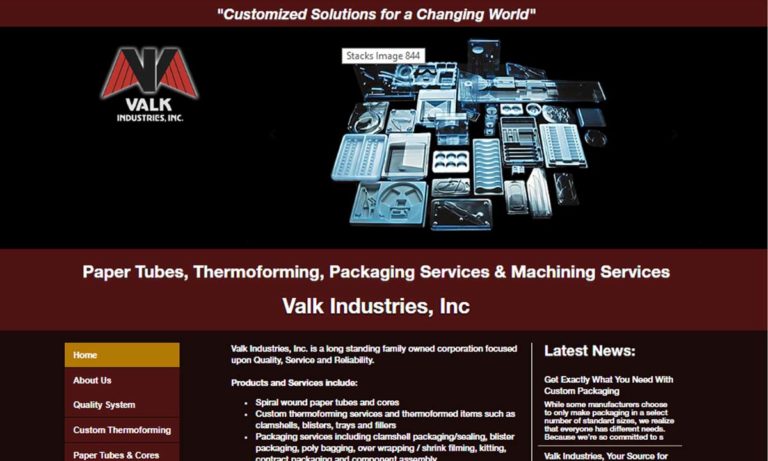
Since 1960, Profile Plastics Inc. has been at the forefront of thermoforming technology. Utilizing the latest software and technology, our expert staff of engineers can design custom vacuum, pressure, and twin-sheet thermoformed solutions. Over the last 60 years, we have developed a process that allows us to deliver consistent, high volume, and precise products with superior quality. Our high...
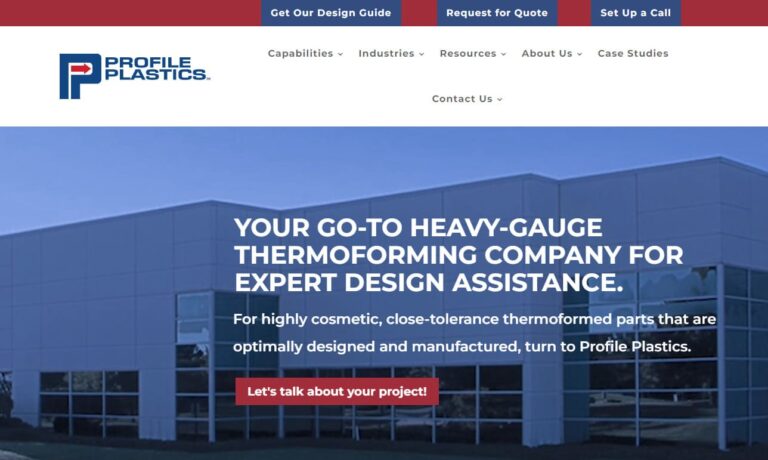
Quality Plastics has been a leading manufacturer of vacuum forming since 1976. Whether you need a small batch of custom vacuum-formed parts or a large-scale production run, we have the capabilities and expertise to deliver. We are committed to providing our customers with exceptional vacuum-formed products and services that meet their needs and exceed their expectations. Contact us today to learn ...
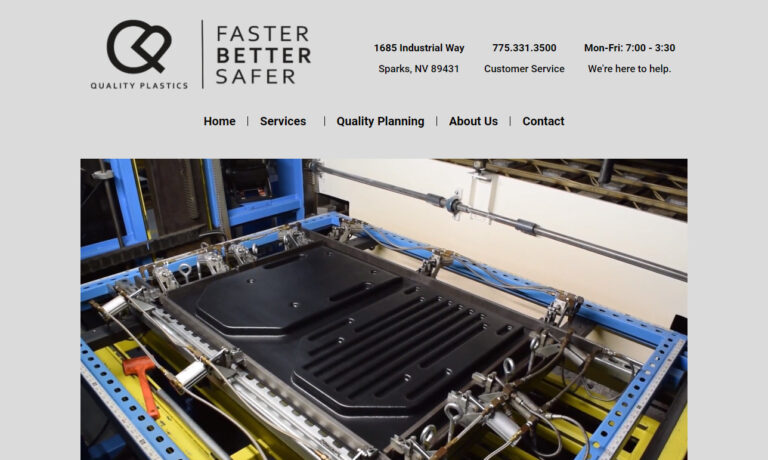
At Arrowhead Plastic Engineering, Inc., we’ve been delivering high-quality vacuum forming solutions since 1972. From concept to production, Arrowhead is with you every step of the way. We can use your 3D CAD model to CNC cut your pattern in house or we can hand sculpt your pattern if a 3D CAD model isn’t available.

Engineered Plastic Products custom forms & fabricates sheet thermoplastic materials, standard & specialized, for any number of industrial & commercial requirements. EPP has been widely recognized for outstanding manufacturing & service since 1958 for companies such as GE, NASA & AT&T. Custom fabricated parts can be as large as 72"x108" down to 2"x2" in any thickness up to 1 1/2". Post-forming...
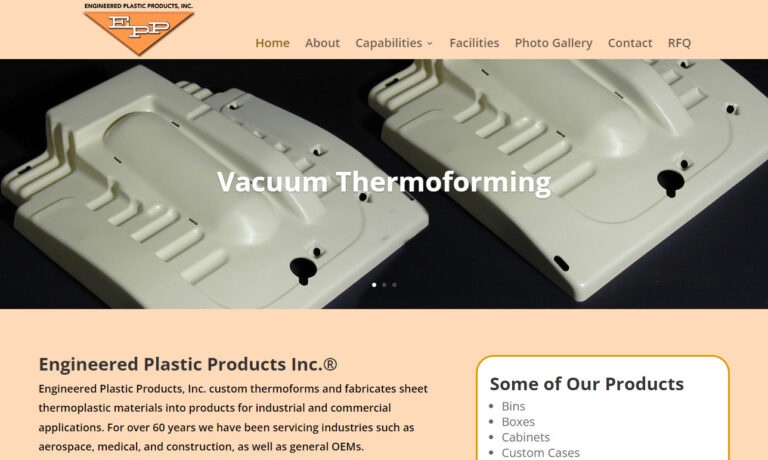
Brisar Delvco Industries, Inc., specializes in delivering high-quality Thermo & Vacuum forming solutions tailored to meet the unique needs of our clients across a broad spectrum of industries. ISO9001, ISO13485, FDA Registered for Food, Medical Devices & OTC products. In house CNC tooling for quick prototype design, production tools and Thermoformed parts.

At Duo Form, we are pioneers in the realm of vacuum-formed plastic products. With a collective passion for precision engineering and creative problem-solving, we've established ourselves as leaders in delivering high-quality solutions to a wide range of industries.
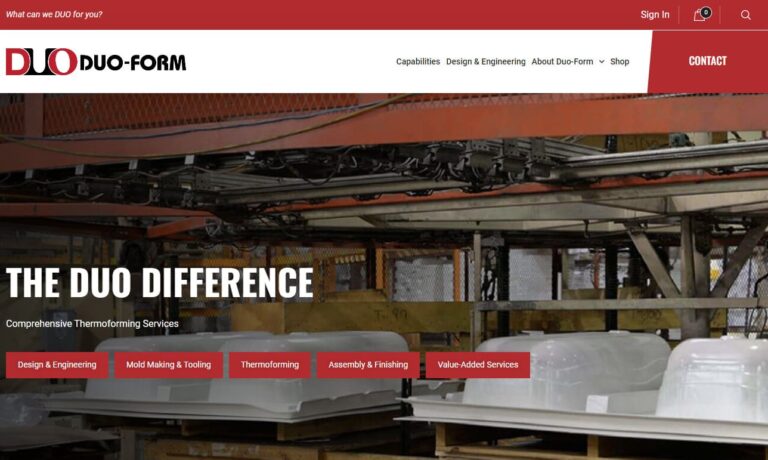
At Hi-Rel Plastics & Molding, we specialize in precision vacuum forming and thermoforming solutions tailored to meet the unique demands of a wide range of industries. With decades of hands-on experience, we’ve refined our process to deliver high-quality, custom-formed plastic components that meet exacting tolerances and performance standards.

Robinson Industries offers thermoformed and injection molded reusable, heavy duty plastic pallets, packaging and more. We are one of the largest suppliers of reusable pallets to many industries.
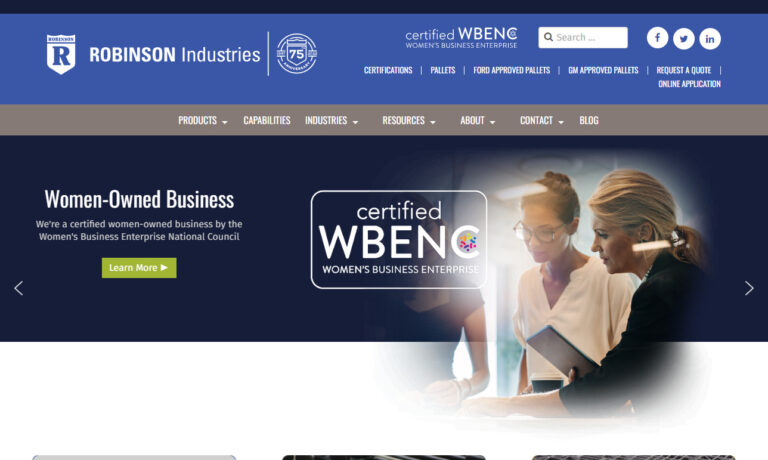
More Twin Sheet Thermoforming Companies
Parts can be made of dissimilar materials with twin sheet thermoforming.
Twin sheet processes create a 3-dimensional part with formed features on both sides. Parts are able to use a thick sheet on the outside for stability and use a thinner sheet on the inside for rigidity. When considering thickness, it is smart to make sure the difference in depth between the bottom and top sheets be 0.0625 of an inch or less. A variance greater than that number would make the twin-sheets at risk of being out of sync.
Since the two sheets can be dissimilar, twin-sheet forming allows for a two-color product option and custom coloring. To form two sheets instead of one, both sheets must be precise and properly aligned. Complete understanding and control of conditions are required, as well as the appropriate vacuum and cooling devices.
Advantages of twin sheet thermoforming include:
• Ability to add internal reinforcements such as rigid foam components
• Twin sheet forming has increased structural stability
• Can have molded in attachments
• Allows for air and wiring ducts
• Can accommodate multiple textures with variable wall sizes
• Ability to control both sides of the part
• Lower tooling cost than competitive processes
• No secondary bonding required
• Improved aesthetics caused by tool contact on both sides
• Formable in multiple materials and sizes
Different types of twin sheet machinery may be required for specific applications. This can be dictated by:
• Material gauge
• Material type
• Material heating to cooling ratio
• Material hot melt strength
• Bonding properties
• Material shrink
• Part size
• Part design
• Amount of pressure required
Twin sheet thermoforming materials can include, thermoplastic polyolefins (TPO) which has high impact resistance, acrylonitrile butadiene styrene (ABS) has good impact and chemical resistant properties, high density polyethylene sheets (HDPE) has high impact strength and is used for industrial products, high impact polystyrene (HIPS) is lightweight and inexpensive, acrylic carries a great shatter resistance along with weather resistance.





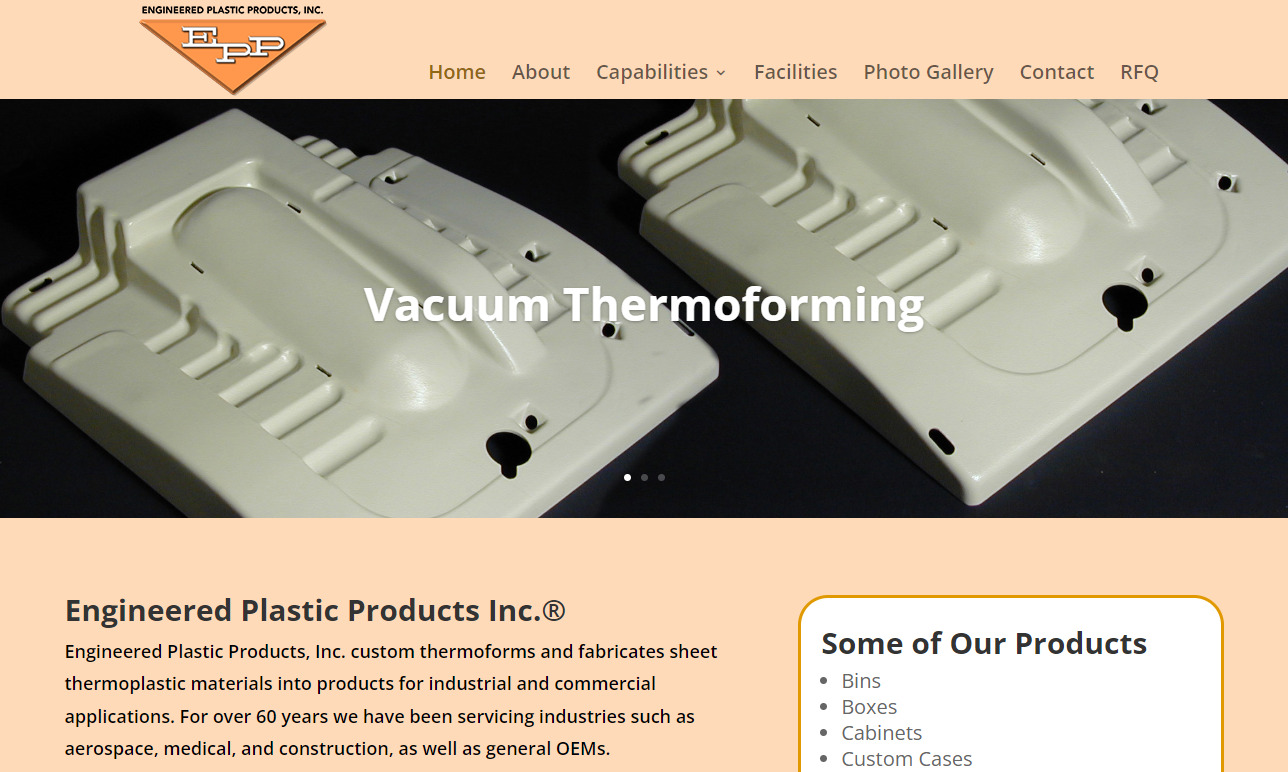




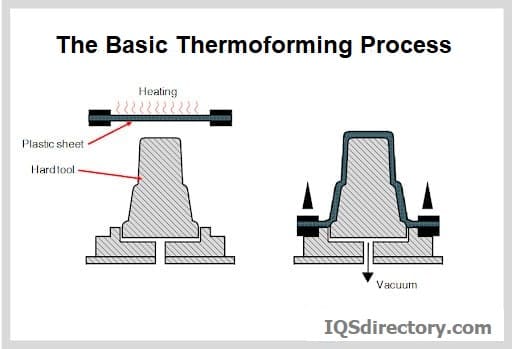
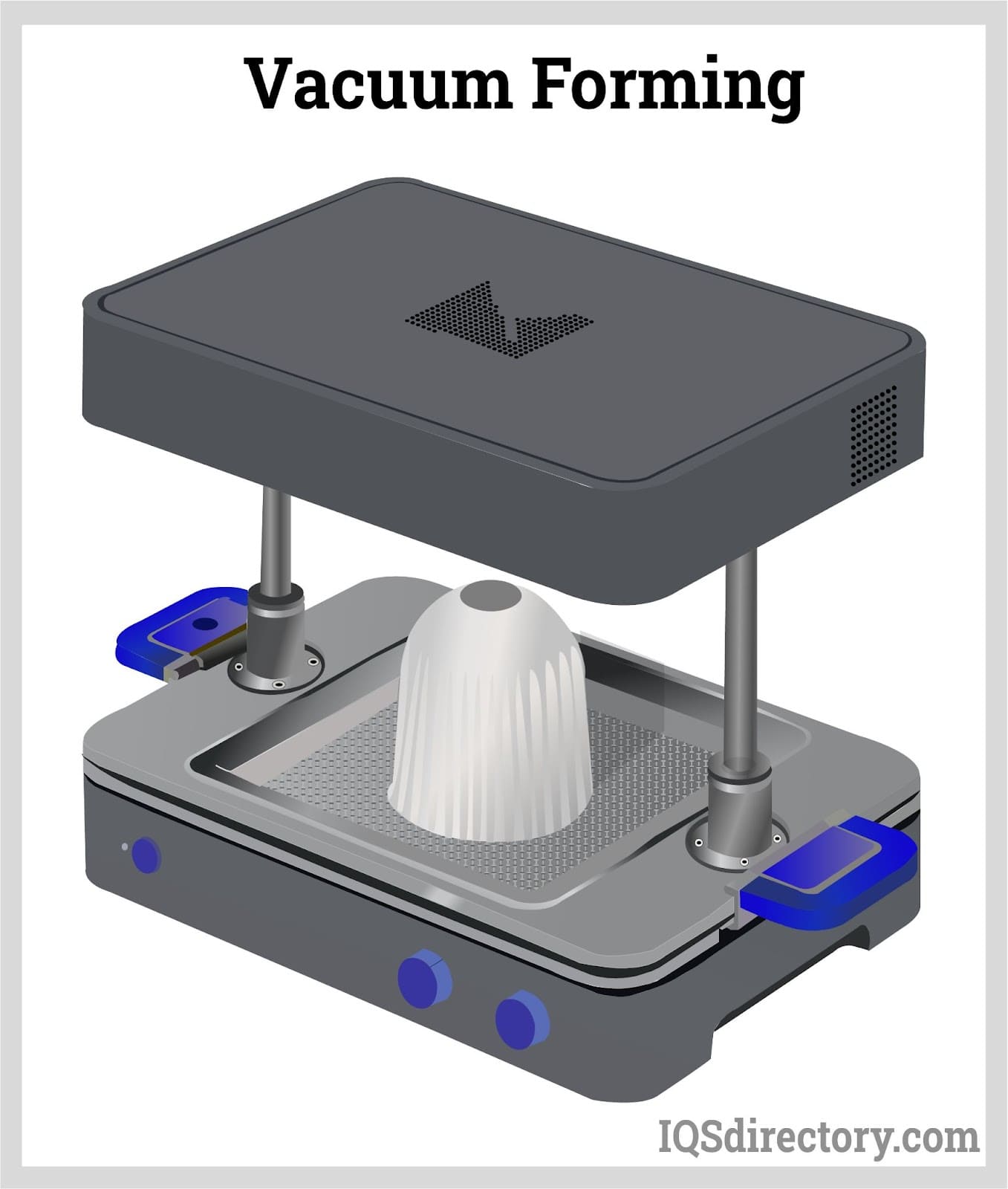
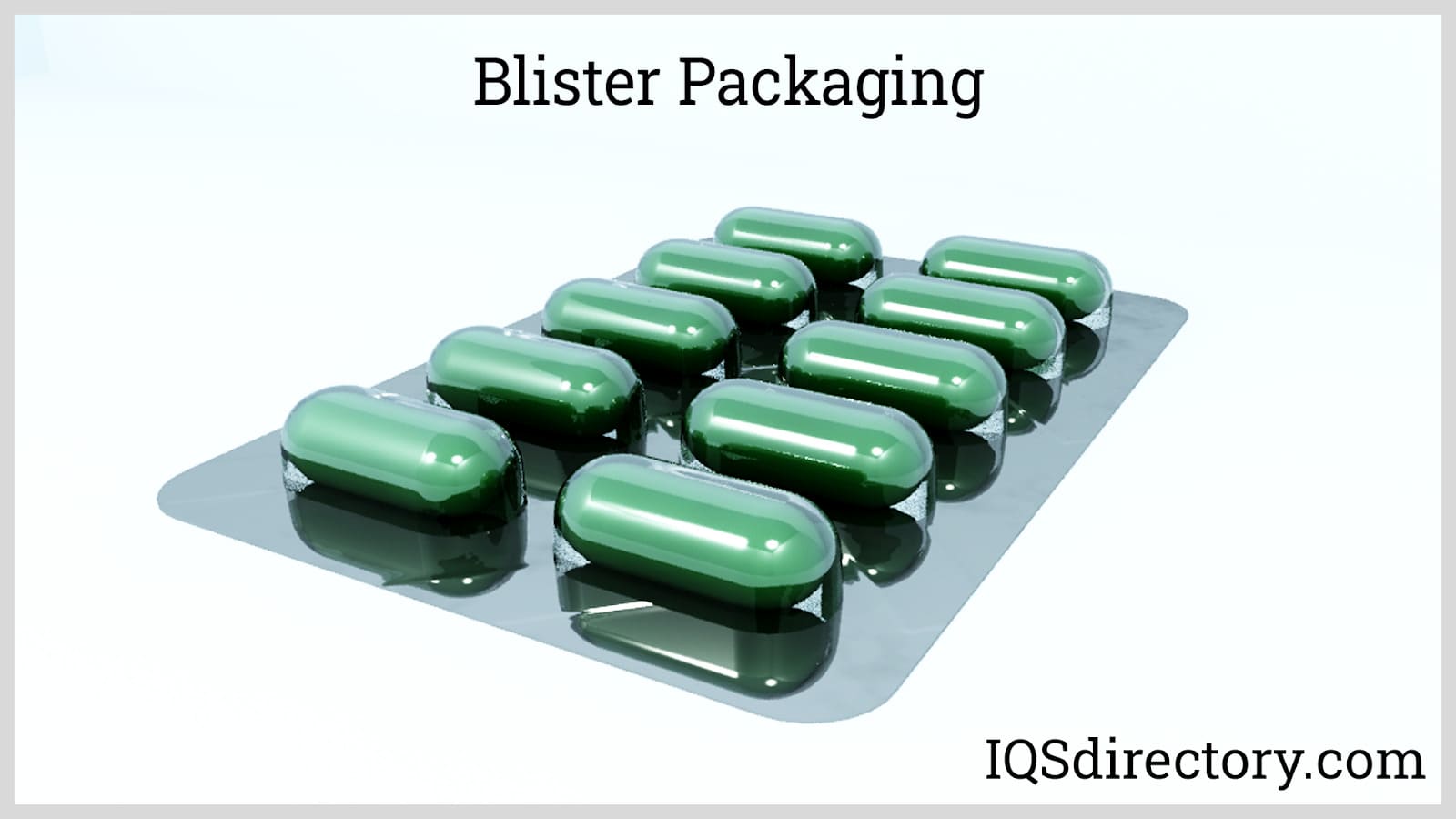
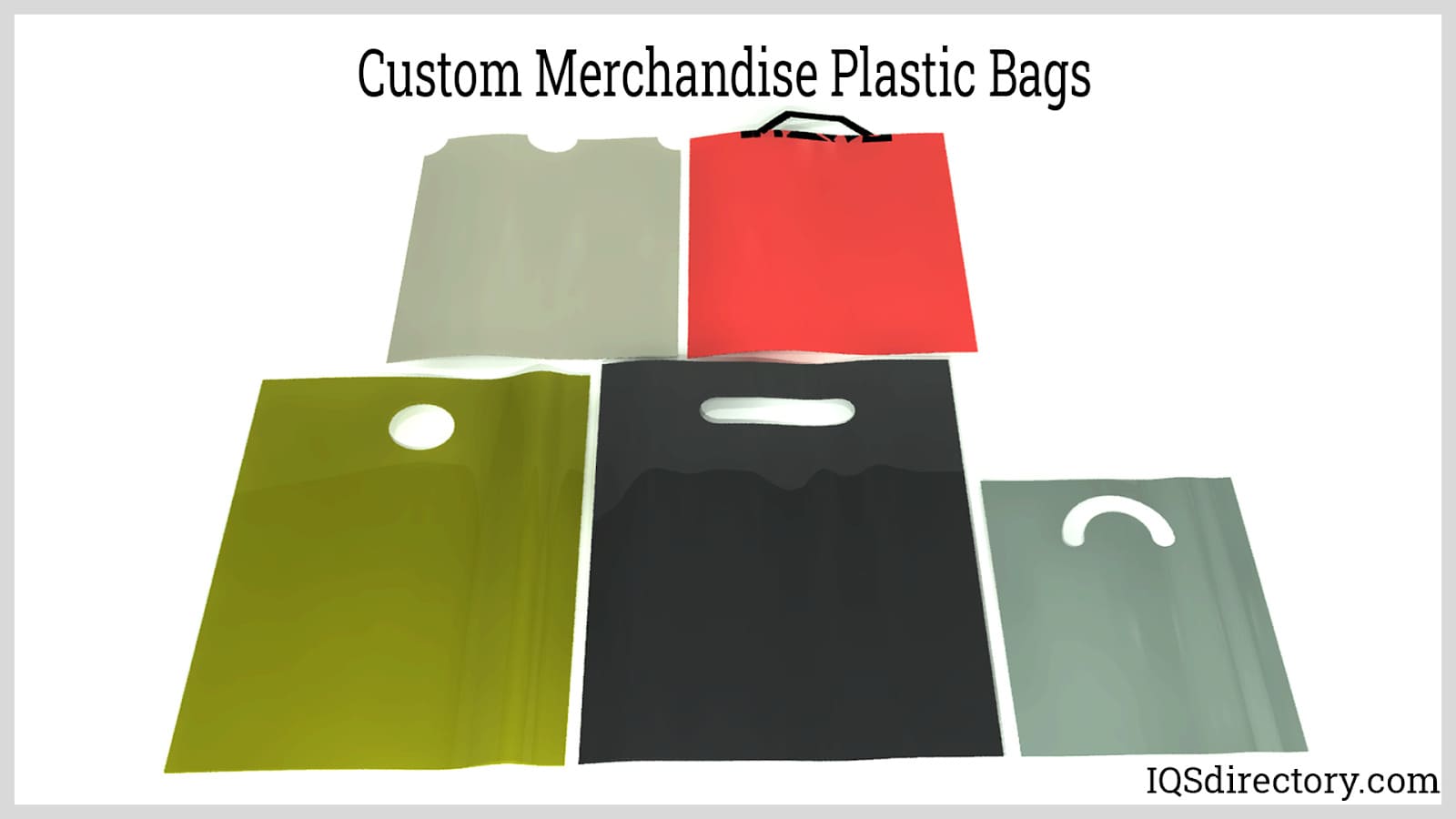

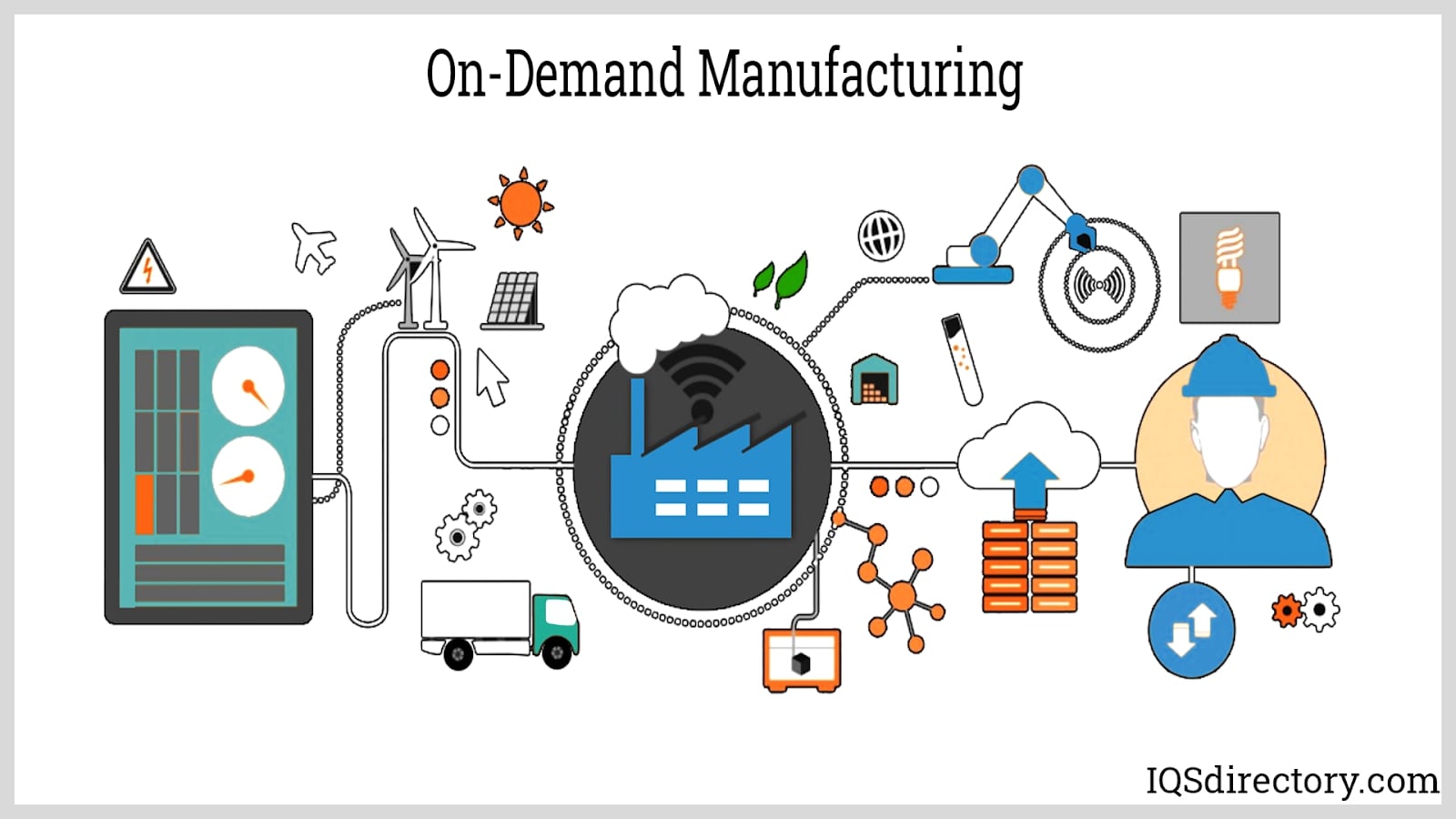
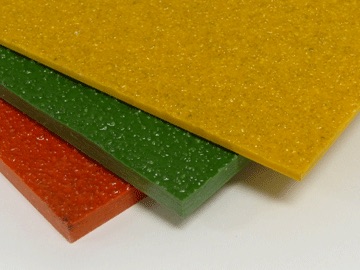 Fiberglass Fabricators
Fiberglass Fabricators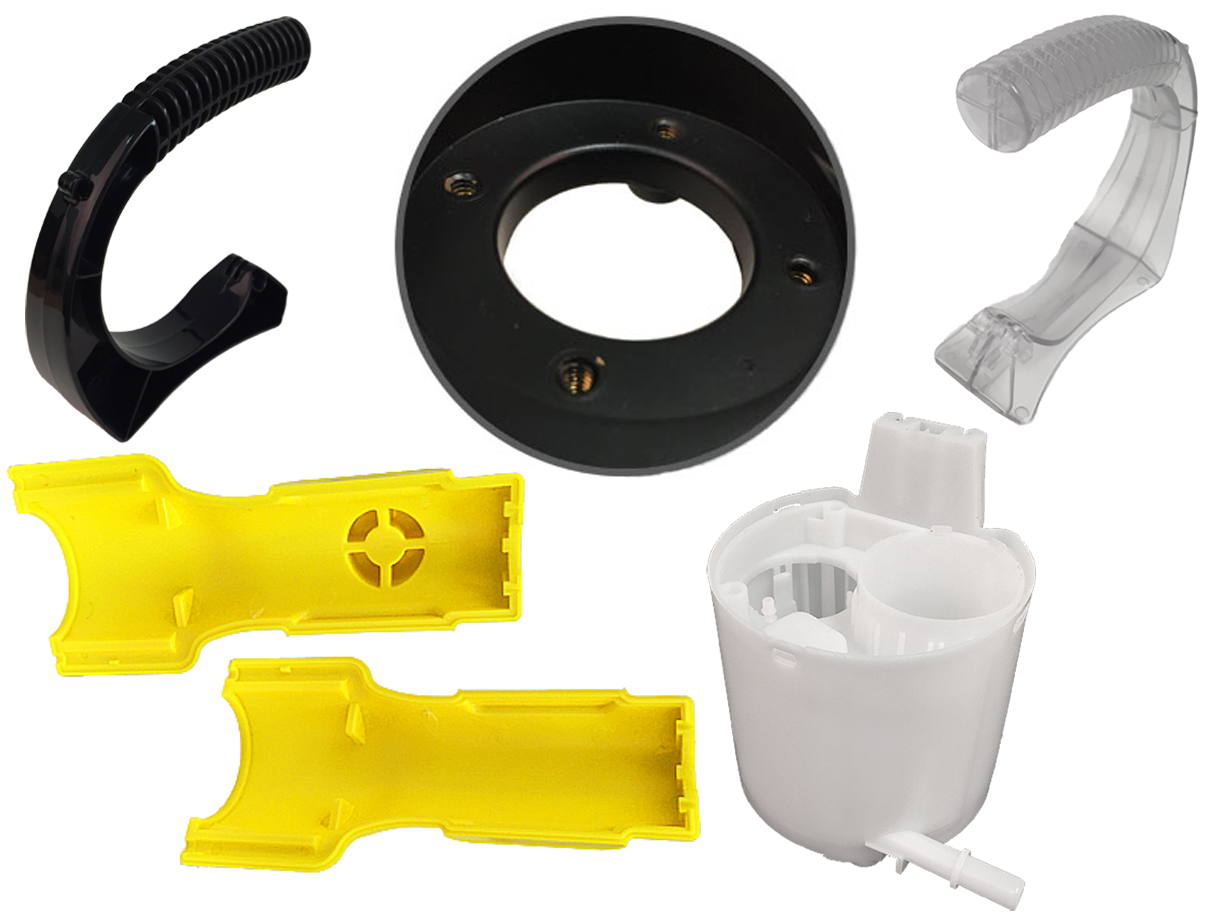 Injection Molded Plastics
Injection Molded Plastics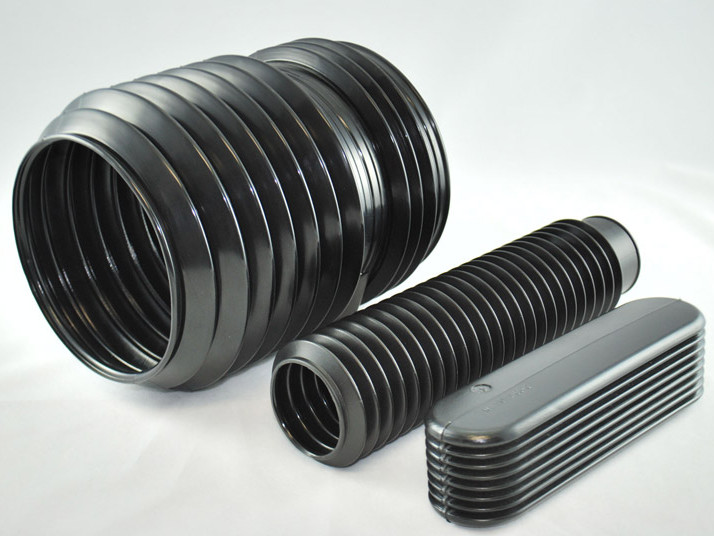 Plastic Blow Molding
Plastic Blow Molding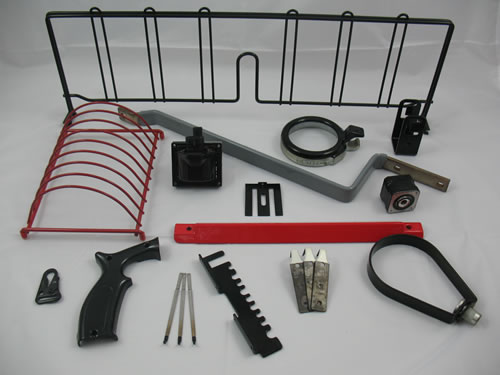 Plastic Dip Molding
Plastic Dip Molding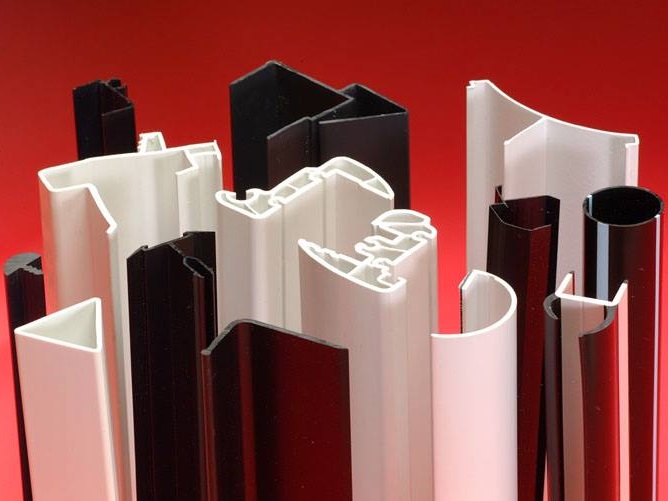 Plastic Extrusions
Plastic Extrusions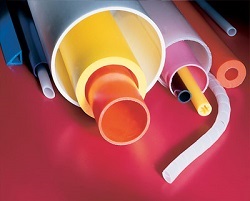 Plastic Tubing
Plastic Tubing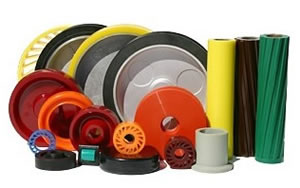 Polyurethane Molding
Polyurethane Molding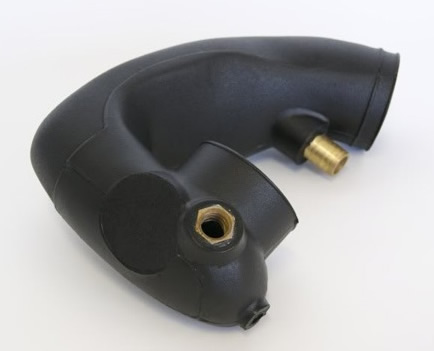 Rotational Molding
Rotational Molding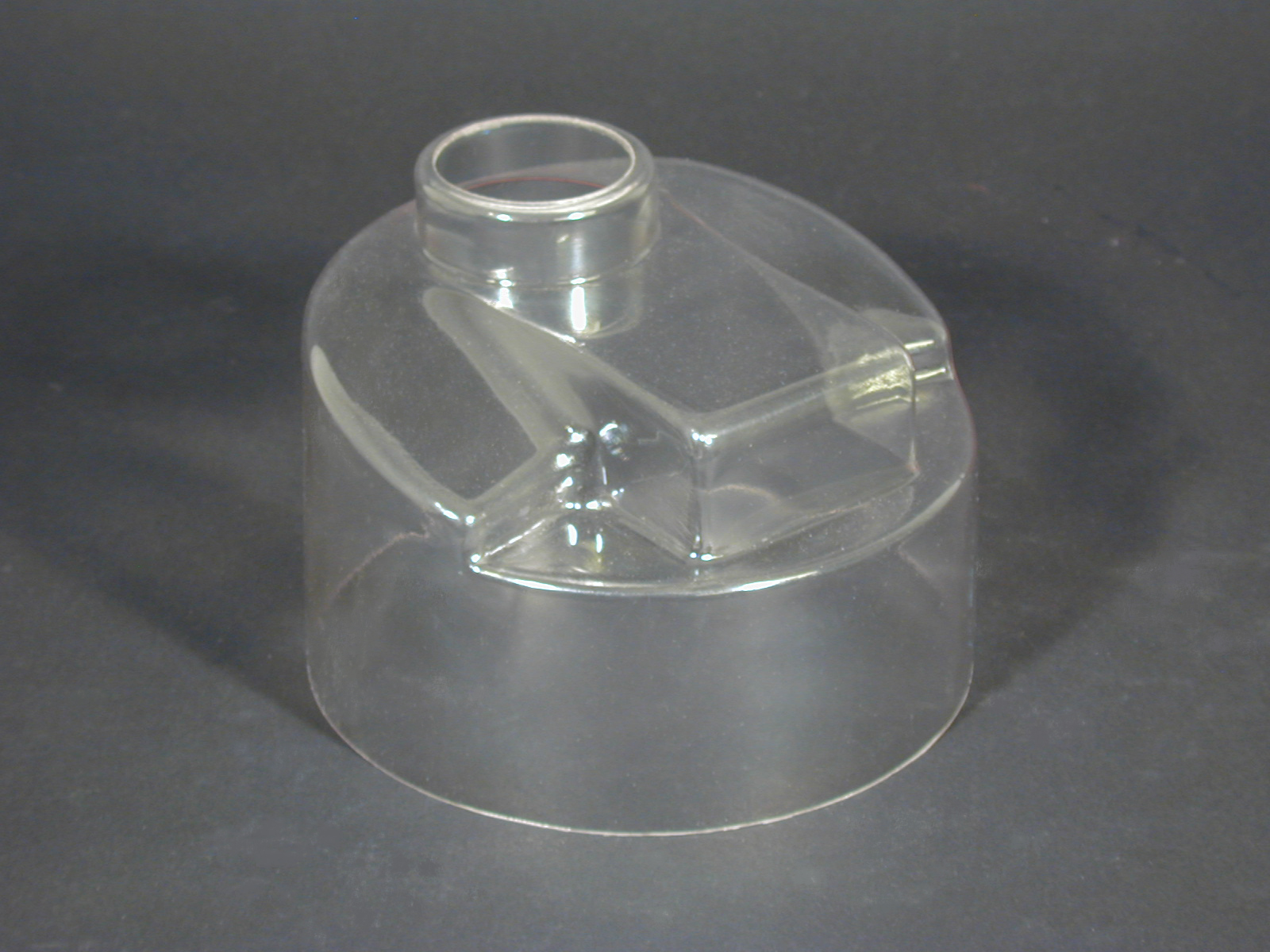 Vacuum Forming
Vacuum Forming Castings & Forgings
Castings & Forgings Bulk Material Handling
Bulk Material Handling Electrical & Electronic Components
Electrical & Electronic Components Flow Instrumentation
Flow Instrumentation Hardware
Hardware Material Handling Equipment
Material Handling Equipment Metal Cutting Services
Metal Cutting Services Metal Forming Services
Metal Forming Services Metal Suppliers
Metal Suppliers Motion Control Products
Motion Control Products Plant & Facility Equipment
Plant & Facility Equipment Plant & Facility Supplies
Plant & Facility Supplies Plastic Molding Processes
Plastic Molding Processes Pumps & Valves
Pumps & Valves Recycling Equipment
Recycling Equipment Rubber Products & Services
Rubber Products & Services